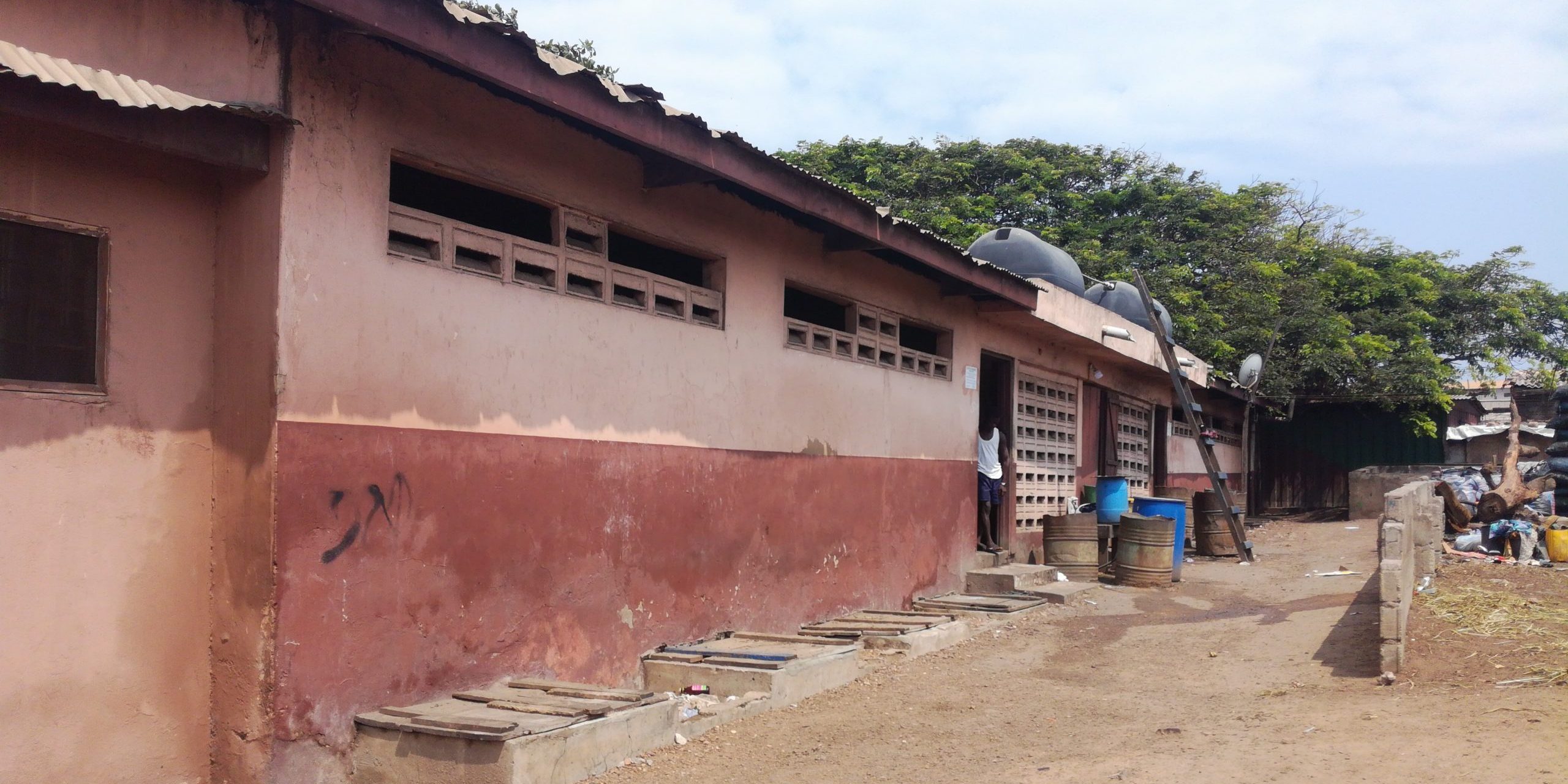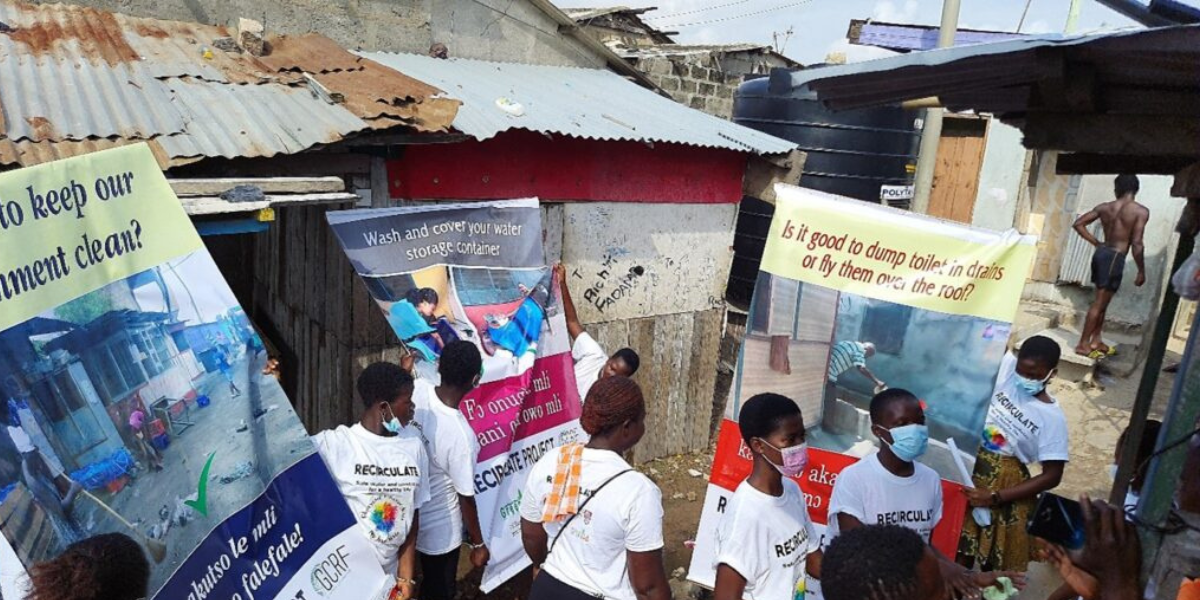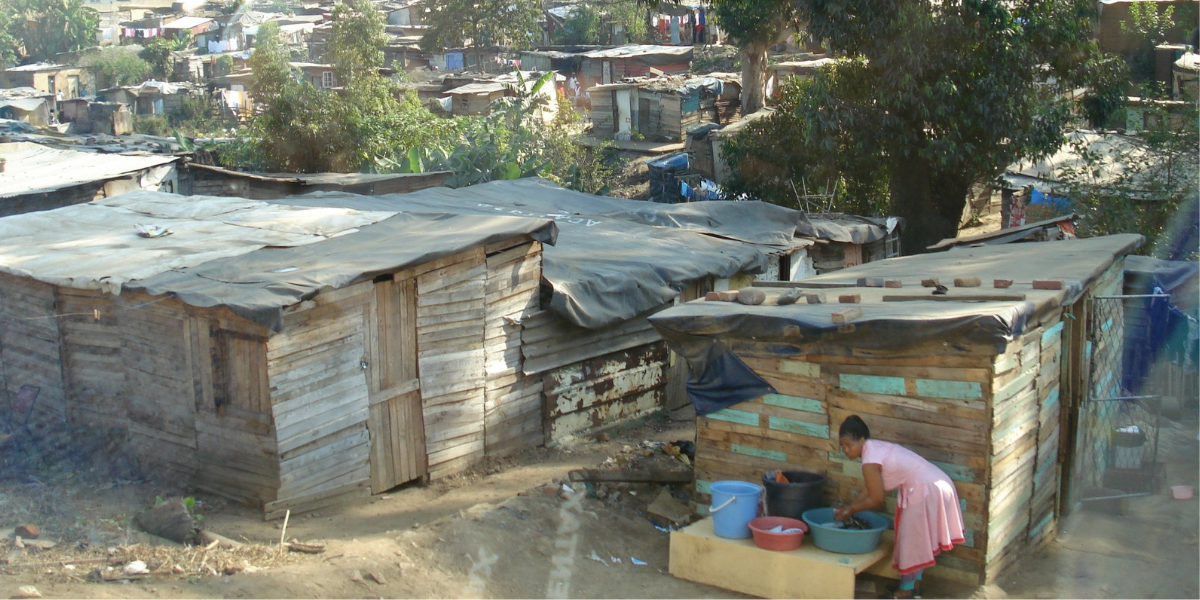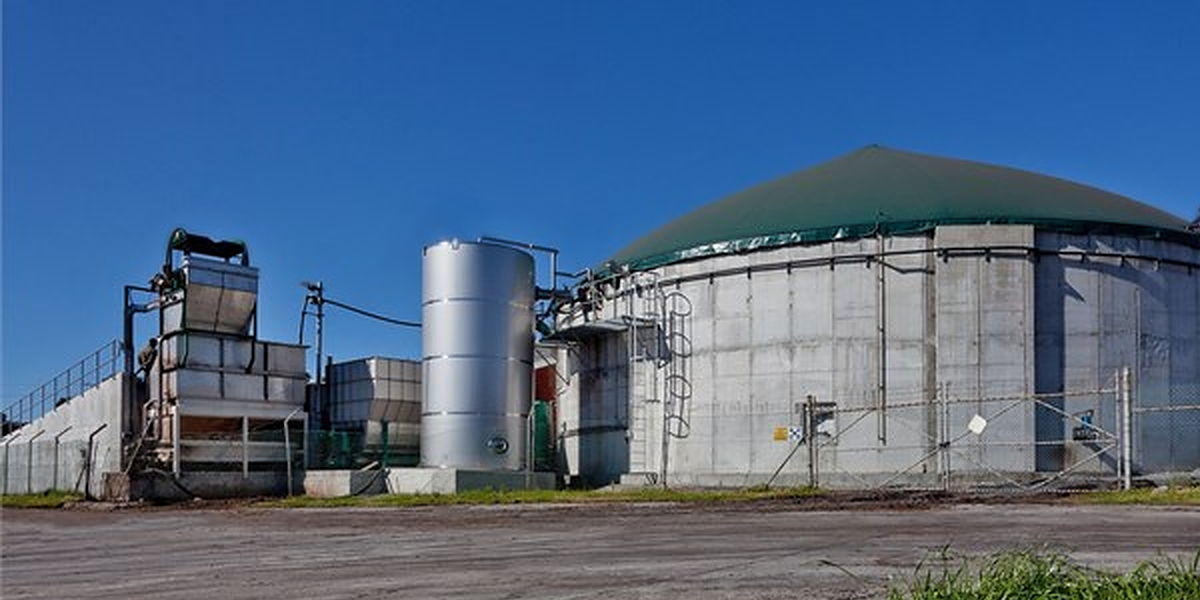
RECIRCULATE research is clarifying the role of social capital in sanitation service provisioning in low-income urban communities
Of the seventeen sustainable development goals (SDGs) agreed by United Nations member states in 2015, SDG 6 (Ensure access to water and sanitation for all) highlights the role of safe sanitation services in improving health and well-being. In 2017, 2 billion people worldwide did not have access to basic sanitation facilities. This figure includes 673 million people who defecate in the open, for example, in street gutters.
Poor sanitation impacts health in a multitude of ways. It is linked to the transmission of diseases including polio, cholera and typhoid. The World Health Organisation (WHO) estimates that inadequate sanitation causes 432,000 diarrhoeal deaths annually. Poor sanitation is a significant cause of child mortality. It contributes to malnutrition and exacerbates child stunting.
Given the importance of safe sanitation for human health, achieving the targets of SDG 6 will go a long way to realising SDG 3, which is to “ensure healthy lives and promote well-being for all at all ages”.
Improving sanitation in communities in sub-Saharan Africa is a key aim of the GCRF-funded RECIRCULATE project. The project sees sanitation as part of the ‘circular water economy’ and is designed to “…..join up the different ways in which water sustains communities….”. The other founding principle of RECIRCULATE is that its research should be “with, in and for the community”. RECIRCULATE is doing this in several ways, for example, through knowledge exchange events and working with key stakeholders. Beyond that, understanding how we can best empower communities in improving sanitation is a key element of the project’s social science research.
When we think of improving sanitation, we often think of the hardware; the design of toilets or waste management systems, for example. In order to be most effective, these advances need to come hand-in-hand with “software” elements of sanitation. This is where social sciences come in. Ensuring that sanitation services are culturally and socially appropriate is vital to the uptake of new technologies.
A key element of SDG 6 is equitable sanitation, so how can we achieve sanitation for all? The importance of this question is evident from data that in 2017, less than a quarter of Ghana’s urban population were in households that had sole use of “improved” sanitation facilities. In this context, “improved” means systems that are “designed to hygienically separate excreta from human contact”. If we look at the data for the poorest 20% of Ghana’s population, little more than 10% had improved sanitation that wasn’t shared with other households. Almost a quarter of this group were practicing open defecation.
One way of thinking about the role of communities in ensuring equitable access to sanitation is through the concept of “social capital”. There are many different ways of interpreting this concept, but one of the more common definitions refers to “… features of social organization such as networks, norms, and social trust that facilitate coordination and cooperation for mutual benefit”. We know that social capital can be an important determinant of the success of community development efforts and that communities with higher levels of social capital tend to have better civic engagement. That is not to suggest that social capital is a panacea. For example, while those within a network may benefit, those already marginalised in society may be excluded. To establish how social capital can be used most effectively for the benefit of a given community, we need to understand more than just the level of social capital. We need to understand how social capital is distributed within and experienced by communities, as well as how external factors affect communities’ ability to exercise their social capital.
As part of RECIRCULATE’s wider social sciences research, my PhD at Lancaster University investigates the role of social capital in improving sanitation in Nima and Jamestown; two communities in Accra, Ghana. I am working with colleagues at the Council for Scientific and Industrial Research (CSIR) and Green Advocacy Ghana. Together, we are combining interviews with community members and community-based organisations, questionnaires, community mapping and a review of relevant policies to give a preliminary picture of the communities, their sanitation situation and social framework. This is helping us identify the potential opportunities and challenges to future community-led sanitation initiatives in the context of the broader political system.
For me, this is fascinating research. RECIRCULATE’s emphasis on putting the community at the centre of the project is a key reason why I joined. But perhaps you are wondering how it contributes to RECIRCULATE’s principle of research “with, in and for the community”? I am working in the community, and with the community, but how will what I am doing ultimately be for the community? I hope my research will benefit Nima and Jamestown, and communities like them, in several different ways.
Within the communities, I hope that a deepened awareness of the role and adequacy of their community’s social capital will empower the people of Nima and Jamestown, and encourage them to realise the potential of this resource and then apply it. I am fortunate to be part of the wider RECIRCULATE team that has a strong network of international collaborations that are empowering communities to improve sanitation, for example, through teenage girls and other school children in Bangladesh.
On a broader level, I hope my work will encourage policymakers and practitioners to take note of the social capital present in the communities they work with in future projects and policies regarding sanitation. My work aims to contribute to the shift away from “top-down”, short-term projects where communities are often viewed as passive beneficiaries, and towards communities being actively engaged partners. Community-led actions alone cannot substitute for effective public policy or service provision by governments and institutions. On the other hand, the model of communities, governments and institutions working together to co-produce appropriate sanitation services is surely a powerful way ahead to improve the effectiveness and equity of sanitation provision worldwide.
 |
Ella Foggitt is a graduate researcher working at Lancaster University, UK and is completing a PhD funded by Lancaster University contributing to Work Package 2 (Water for Sanitation and Health) of the RECIRCULATE project. Ella has a master’s degree in Water, Sanitation and Health Engineering from the University of Leeds, UK and a BA in International Development and International Relations from the University of Leeds, UK and University of Ghana, Ghana. Before coming to Lancaster, she worked at an international humanitarian charity based in the UK. |
All articles in The FLOW are published under a Creative Commons — Attribution/No derivatives license, for details please read the RECIRCULATE re-publishing guidelines.




